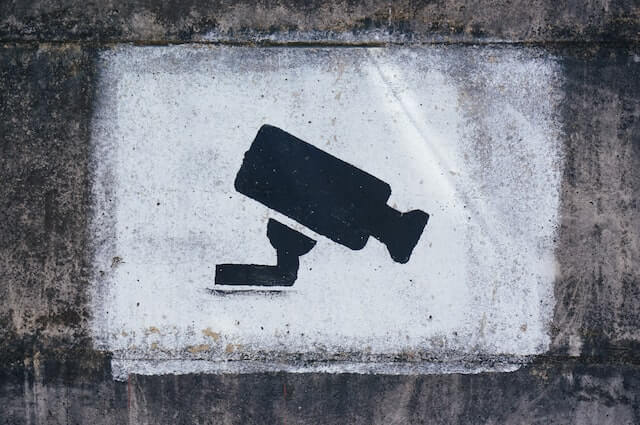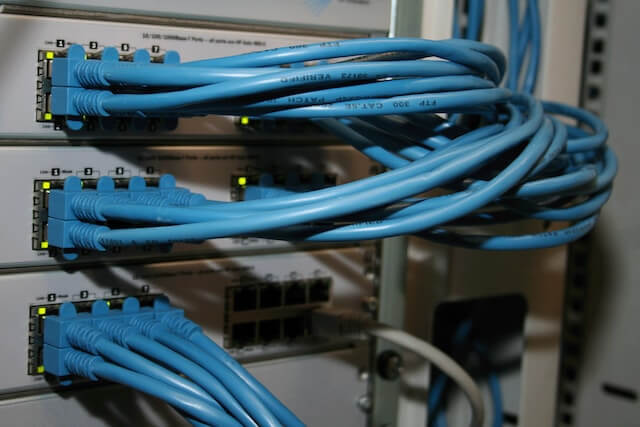IP addresses are crucial in enabling the internet and keeping users secure. Every device connecting to the internet has its unique IP address, which can reveal information about your location, service provider, and internet activity. We discuss the top three things you need to know about IP addresses.
What Information Do IP Addresses Store?
IP addresses store information about your location, generally determined by the nearest server you are connecting to. This information can reveal the city you are in but not your exact address. IP addresses also reveal your service provider, which can help track down illegal online activity and be a potential security risk if someone has bad intentions.
What Can Someone Do With This Information?
In someone gains access to your IP address, they may use it to learn a lot about your internet activity, including the websites you have visited and other online accounts you may have. This information can be embarrassing or a serious security issue if you value your privacy. Moreover, if your employer has access to your IP address, they may be able to track your location and determine whether you work from the city you claim to be in, which could have consequences for remote workers.
How Can You Protect Your IP Address?
To protect your IP address, being cautious when clicking links or talking to people online is essential. Additionally, you may consider using a Virtual Private Network (VPN) to mask your IP address with one originating from a different city and service provider. This can help protect you from scammers, although it will not necessarily prevent legal consequences if you engage in illegal online activity.
Understanding how IP addresses work is crucial to maximizing your internet experience and staying secure. By being proactive and taking precautions, you can protect your IP address and preserve your privacy.
loading...
loading...


